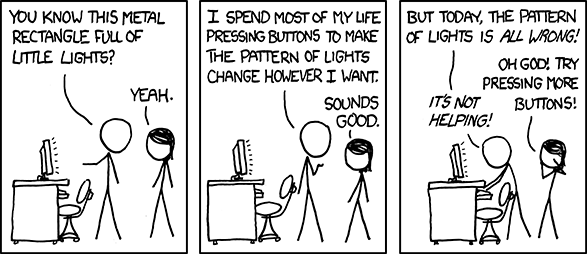To preface my question, I am an Irish 21 year old male currently on a college work placement. I work Monday through Friday from 7:30 AM - 5:00 PM as an RPA developer and Business Analyst.
I commute by my car approximately 40 minutes each way so this adds another hour and 20 minutes to my working day. I also tend bar locally Friday night and Saturday night from 8 PM to 3 or 4 AM every week.
I live at home for the summer until the college year starts again in 3 months.
My issue stems when I arrive home in the evenings from work and go to my bedroom for an hour nap everyday to recharge and be productive for the night. When I get up from my nap and talk to my parents for the first time for the day I generally get a comment along the lines of
Oh yeah, here he is again after sleeping at 5 in the evening, tired from sitting in front of a computer typing nothing all day.
This is always a sarcastic comment followed by a chore (cleaning my room, cutting the lawn, taking the dog for a walk) that is given to my as I have "Done nothing all day and it would be good for me".
My issue here is not how can I get my parents to stop giving me chores (I am perfectly okay with the chores) but more to get the negative comments to stop.
I have tried bringing it up that just because they don't understand my job doesn't mean that I do nothing, or the fact that I am sitting down all day working on a computer as it is extremely mentally draining.
I have also tried showing them projects I work on but I am always dismissed with the response
But it's easy for you to do computer things because you're good at them.
How can I convey to them that my IT job is mentally draining and that I am not in fact doing nothing all day in a way that they won't just casually dismiss it and continue with the negative comments?
More information:
My mother is a stay-at-home parent and my father is a goods delivery man (drives a van delivering yogurts and ham to shops). My parents and I are generally very stubborn about things in general and because of this I'm not sure of how to be blunt without coming across as aggressive as well.
I currently train three days a week playing football at 1 hr 30 mins each time with a 90 min match at the weekend, so physical exercise is not an issue at this point.
Moving out of home is not an option at this point as the money I am earning is all going towards paying for my college fees for my final year.
